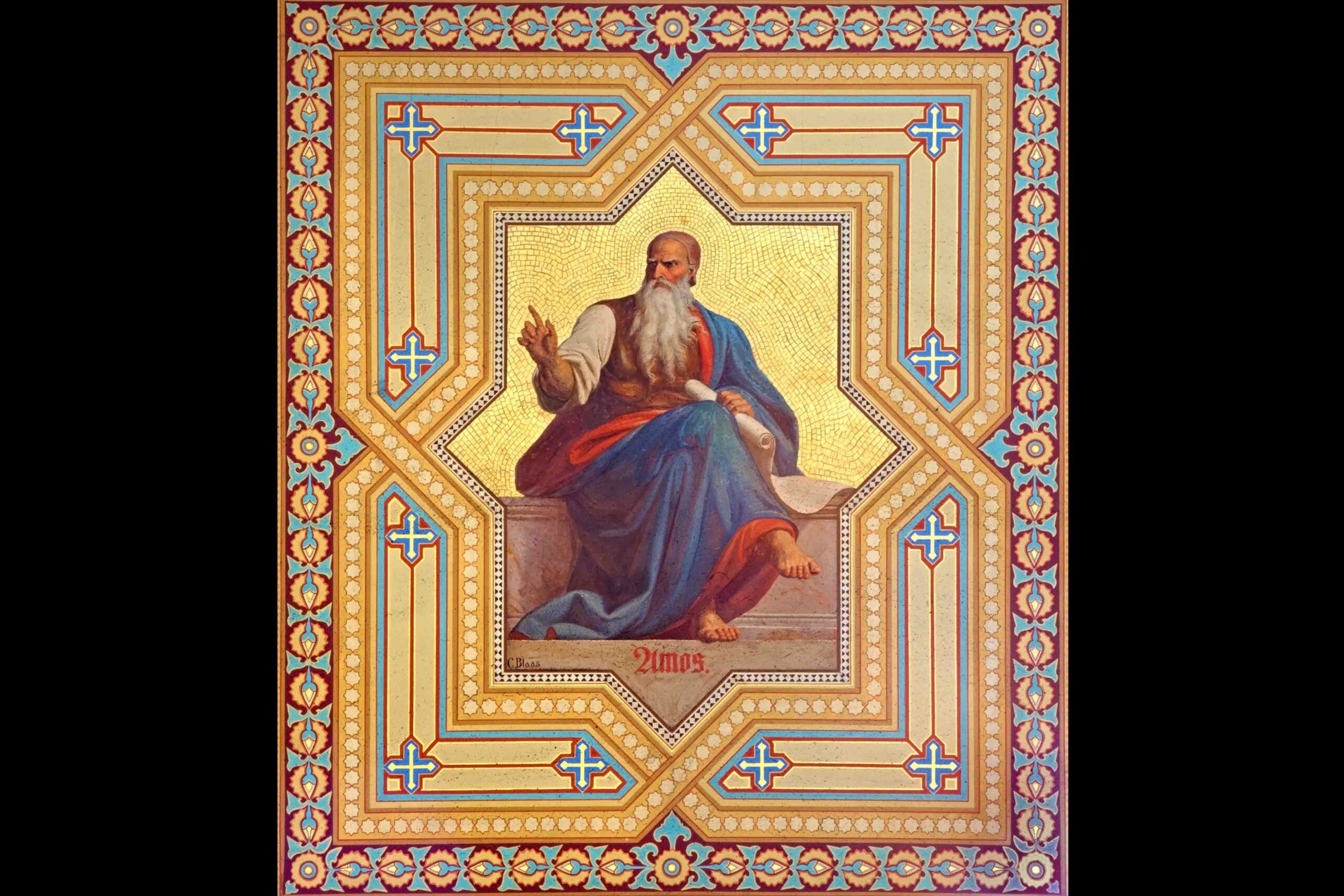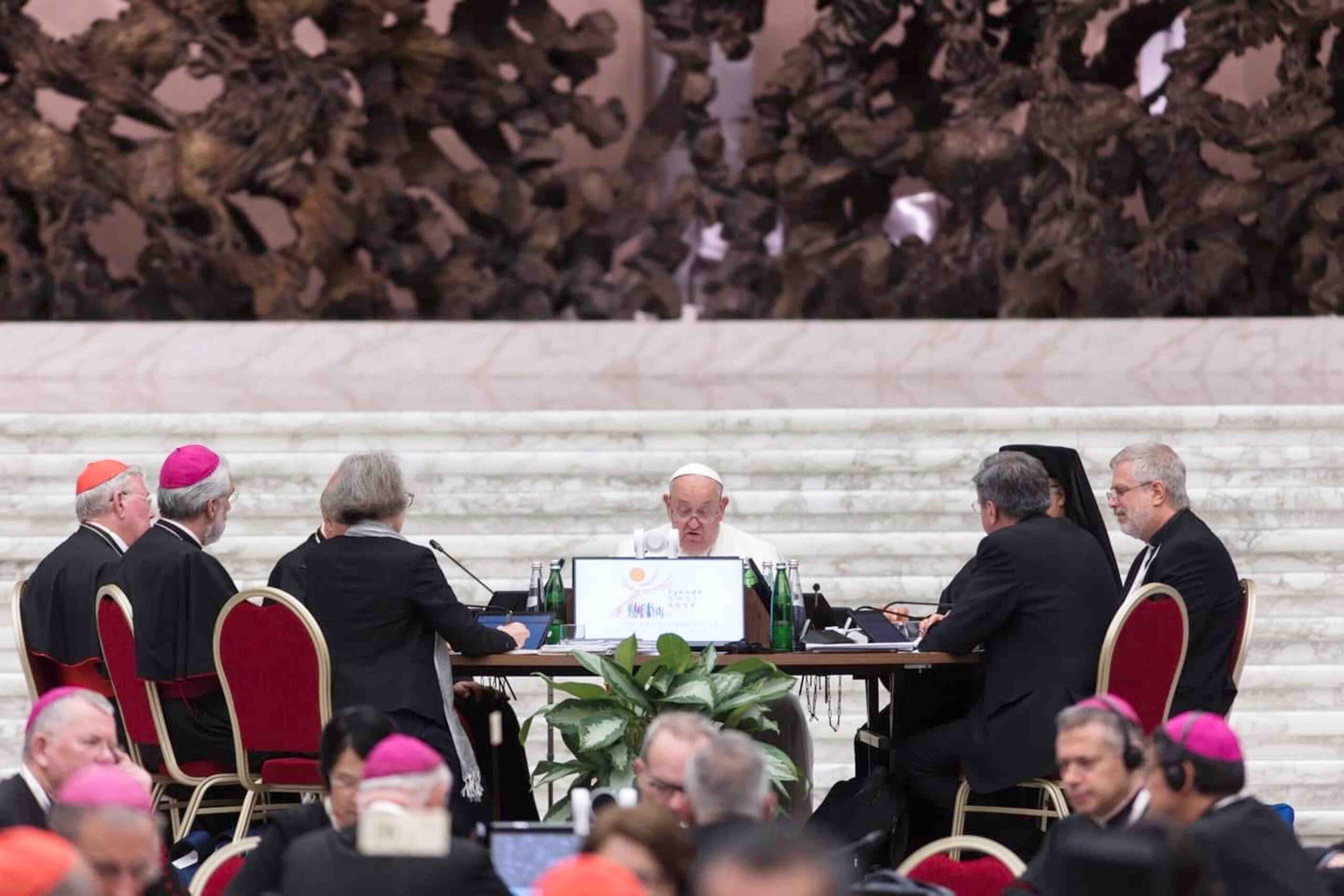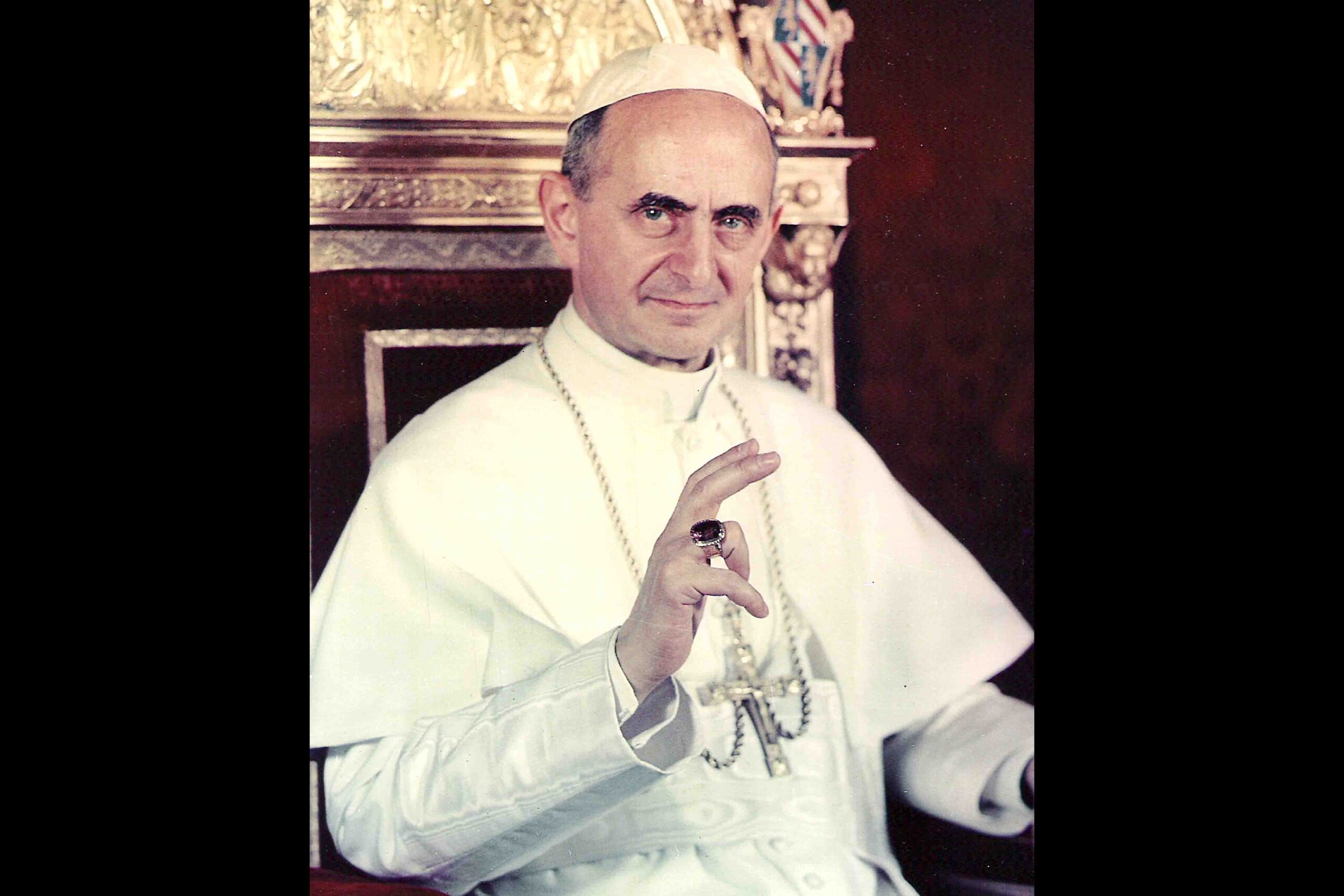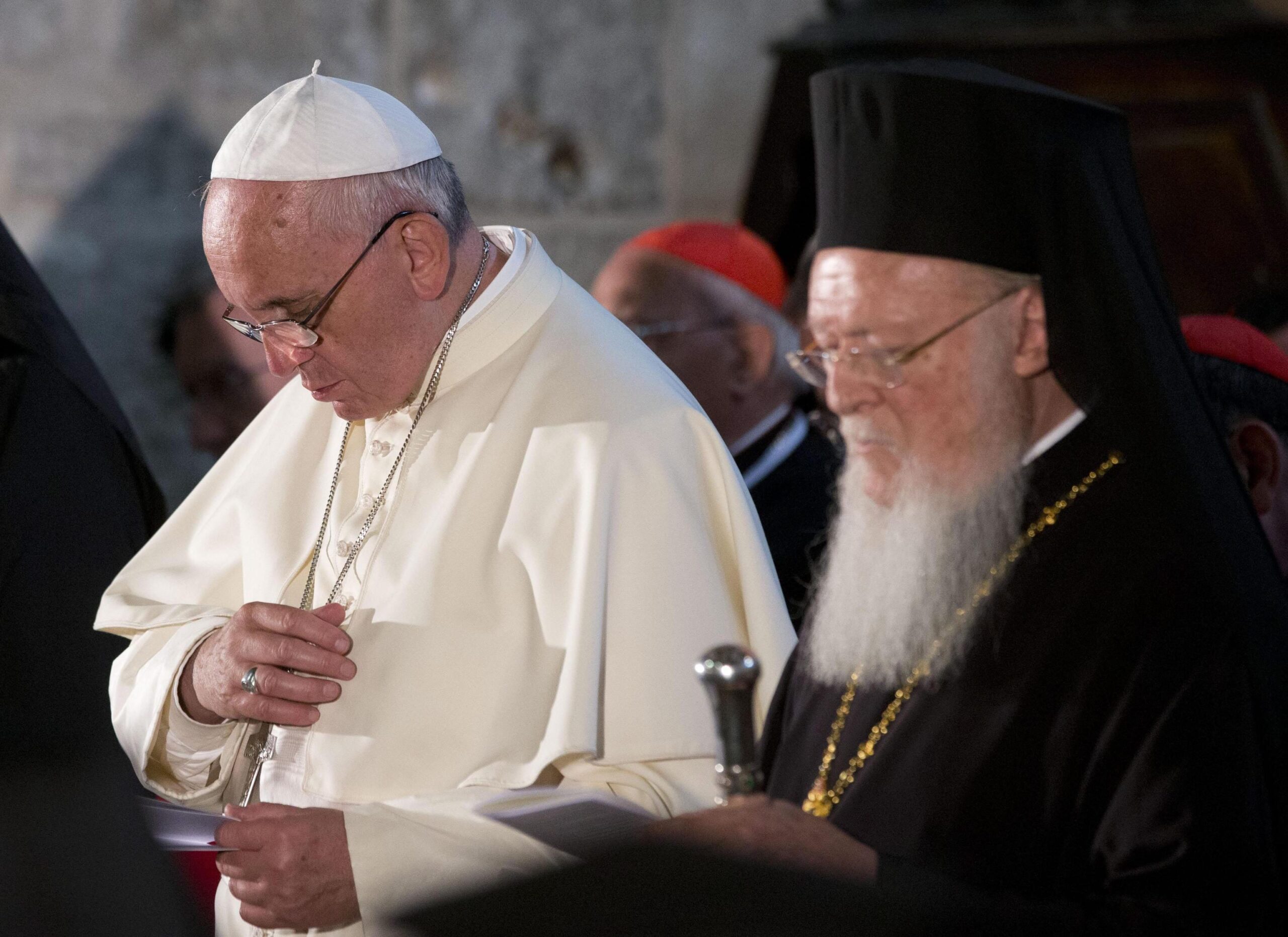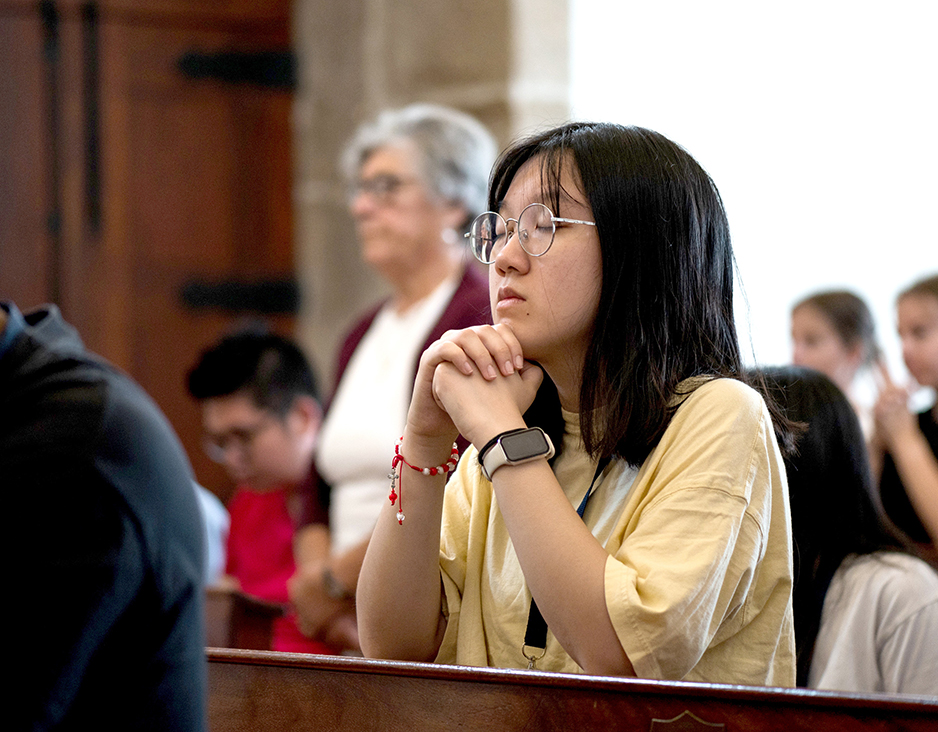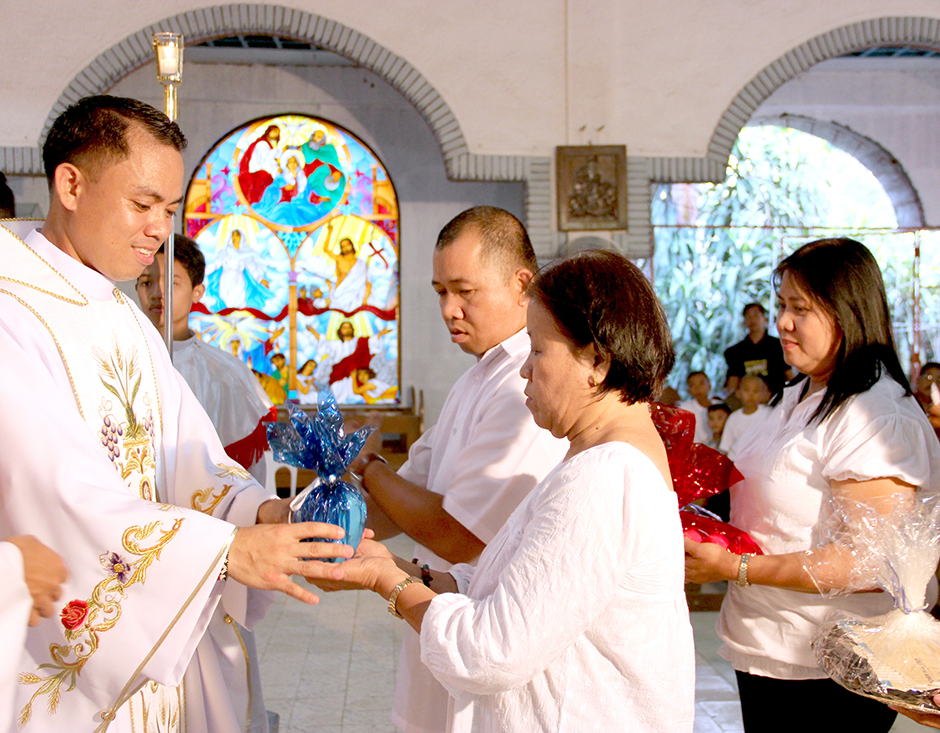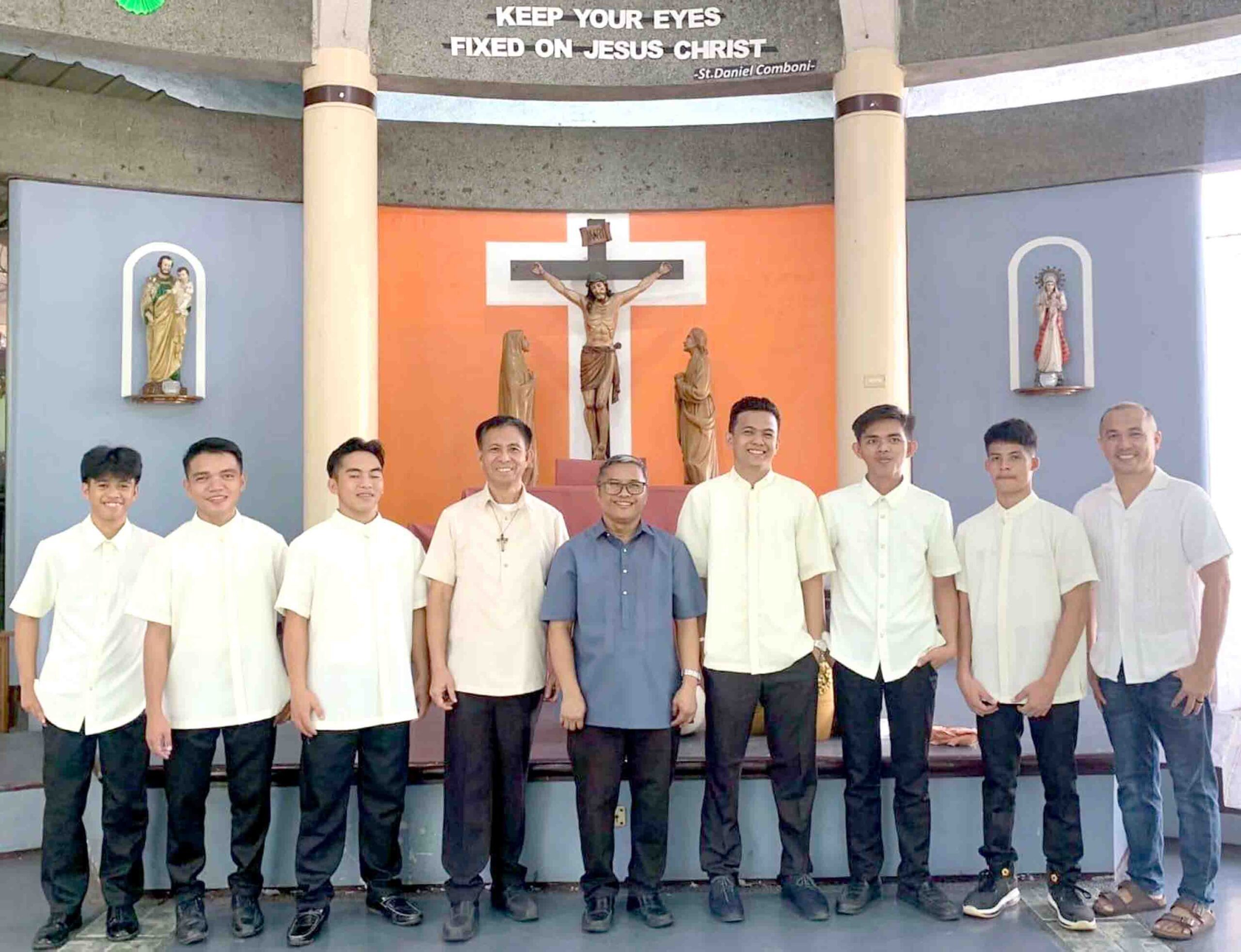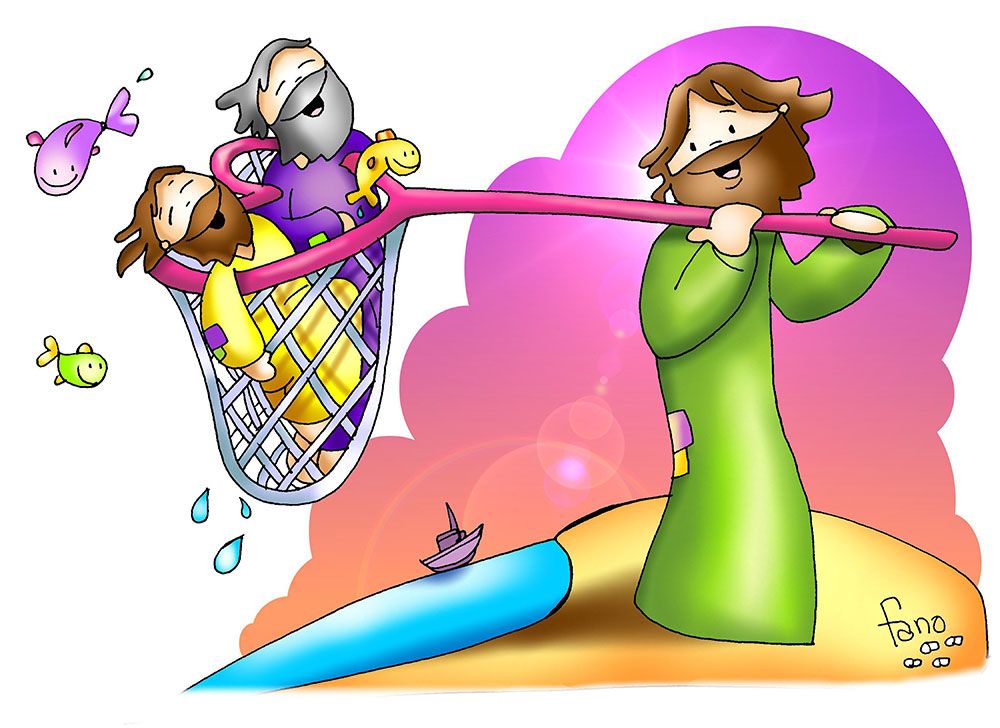The prophet Amos is a clear example of God’s call (Amos, 7:15). Each one of us can question God’s call, thinking that we are not worthy or that we don’t have the necessary qualities. Nevertheless, God empowers those He chooses to proclaim His message.
Amos was a shepherd (Amos, 1:1) and a sycamore grower (Amos, 7:14) from Tekoa, in the Kingdom of Judah (when Israel was divided into two kingdoms and ruled by King Uzziah in Judah and King Jeroboam in Israel), whom the Lord called to proclaim His Word in the Kingdom of Israel.
When I meditate on the social condition of shepherds, I remember the shepherds of Jesus’ time, discriminated against and isolated, but to whom the angels appeared to announce the Good News (Luke, 2:8-15).
Amos was not created to be a prophet. He was an ordinary man, living his life calmly when he felt called by God. He himself says: “I was neither a prophet nor the son of a prophet. I was a shepherd and grew sycamore trees. It was the Lord who took me away from tending the flock and said to me: “Go and prophesy to my people Israel.”
Amos teaches us something very important: accepting the vocation to which we are called is an imperative of our faith, not because of the greatness (or smallness) of what is asked of us, but because of the greatness of the one who calls us, Jesus Christ, Lord. This teaching echoes in my heart the words of Fr. Ivo Martins do Vale, a Comboni missionary, who said: “The greatness of the mission is not in what we do, but in the one who sends us.”
PROPHET OF SOCIAL JUSTICE
Amos was sent from Judah to Israel to carry out his prophetic activity in Bethel, the sanctuary of King Jeroboam, where there was one of the golden calves. The mission Amos was destined for was not easy: to denounce idolatry (Amos, 4:4-13), corruption, violence and social injustice (Amos, 5:10-15) among the people.
The political and economic security that the kingdoms of Judah and Israel achieved at that time favored only the merchants and the court; the people lived in misery. For Amos, this social injustice resulted from the little importance that the chosen people gave to the commandments of the Covenant and to living a religiosity of appearance. Not loving one’s neighbor was the consequence of not loving God.
Choosing the way of the Lord, the way of truth, justice and love, can be very hard, especially when you live in a society that is comfortable with other values. At that time (which could be ours), there were great social injustices, with the rich getting richer and richer (generating wealth in an iniquitous way) and the poor struggling to survive, with corrupted services and, on a religious level, with the worship of other gods and without putting God at the center of their lives.
However, Amos, aware that his words will bring him enmity and could even lead to his death, decides to be faithful to God and boldly announces God’s plans to the people of Israel.
Living the vocation to which we are called faithfully may not be easy. But it’s worth it. It edifies us, it makes us real: happy are those who love the Lord and follow his ways! (Psalm, 119).
The prophet, a simple shepherd, was commissioned by God to warn the People of Israel of the wrong paths they were following and to turn their hearts back to God’s ways: “Seek good and not evil, that you may live, and the Lord, the God of the universe, will be with you” (Amos, 5:14). Amos is a model for all believers who are called to build a more humane, just, ecological, supportive and fraternal society.
PROPHETS IN TODAY’S WORLD
God is also calling you to follow him! God also invites you (and me) to convert your heart and live it to the full: without fear, without doubt, without reservation! Regardless of whether you think you’re capable (or not), stand before the Lord and say: “Here I am, Lord! I want to live my vocation with joy! I can’t do it alone, Lord! But with you, I can do everything.”
Often prophets, like Amos, are called by God to denounce the wrong paths taken by God’s people. We might even think that our God likes to complain and criticize. We mustn’t forget this: God is Love! And because He loves us, He wants the best for us; He wants to build fraternity and justice, peace and happiness.
God takes no pleasure in seeing us suffer! That’s why the Book of the Prophet Amos ends with words of hope. At a time when we are invited to be Pilgrims of Hope, the prophet Amos challenges us to hope in God, who loves us so much and who wants to make each person’s heart His permanent home.

